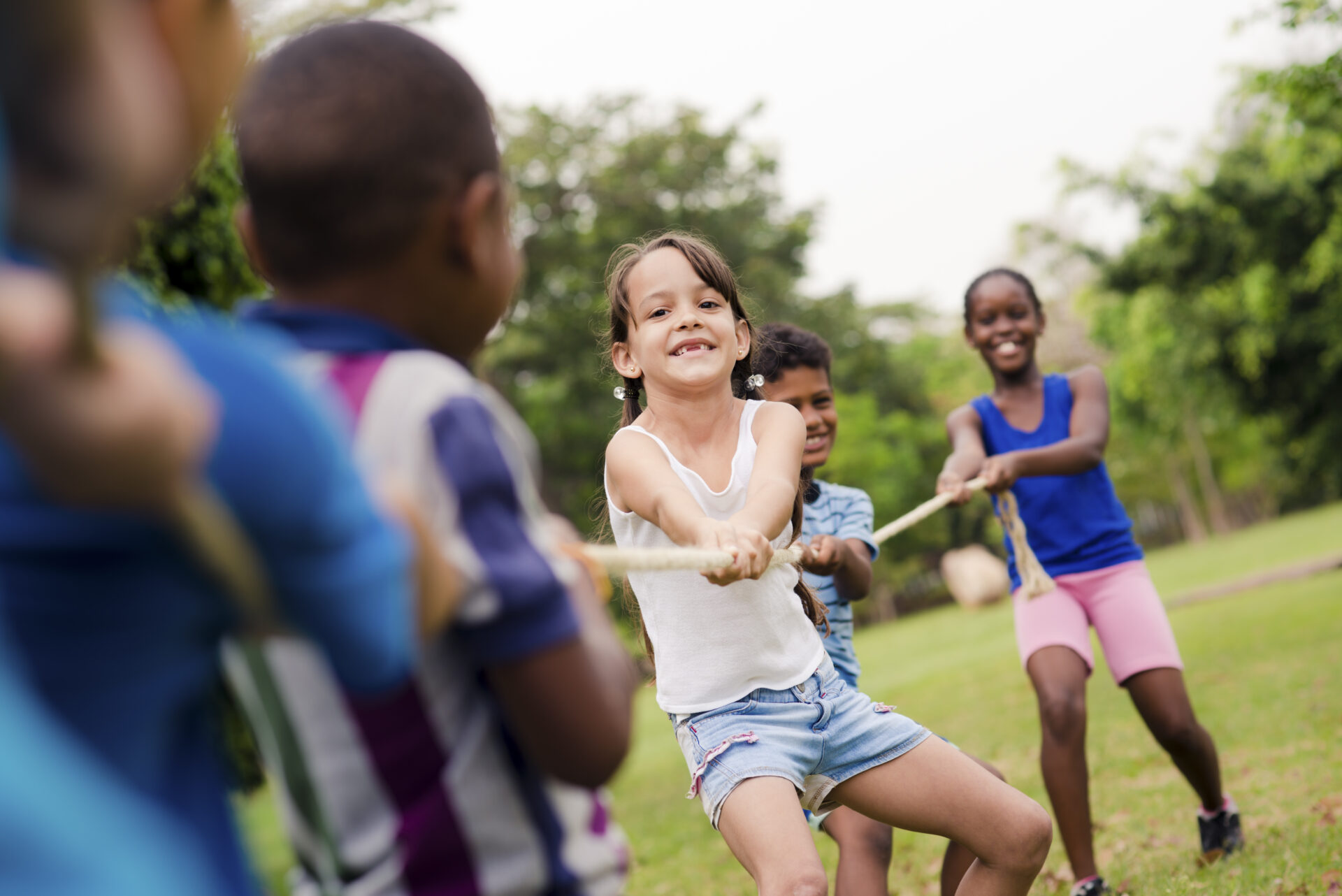How do extra-curricular activities benefit the overall development of children?
An extracurricular activity refers to activities pursued outside of everyday school or university’ standard curriculum activity. The extracurricular activities should ultimately be one’s choice, which offers comfort & inner happiness, and should not be imposed on children, but made available to children when interest is expressed. Some examples of extracurricular activities are:
- Community volunteering.
- Taking the initiative or leadership in a particular action.
- Enrolling in athletic, art & music events
- Helping the needy.
Now the real question is how do extracurricular activities benefit the overall development of children?
Child development is a multifaceted responsibility, requiring a diverse approach. The benefits of extracurricular activities are invaluable and extend to a range of different skills and abilities, including but not limited to: –
- Boost Confidence & Self-Awareness
Extracurricular endeavours make children aware of their potential capacity and limitation to do the things they’re passionate about. It also gives them the chance to explore their passions to discover things they may be interested in beyond academics while taking some time off. The more they try new things, the more it allows them to quash fears and improve their self-confidence.
- Personal & Physical development
In school, children are usually under peer pressure as they interact with each other almost daily. Thus, children might hesitate to showcase themselves fully. Also, hierarchy in the peer group may force children to behave in a constrained way. Such inhibitions and constraints are taken away when children participate in extracurricular activities taking place outside their schools. In such an environment, there is no hierarchy or peer pressure. All children are treated equally. Children could learn to act independently. They can learn how to take on new responsibilities. Skills learned in those extracurricular activities could help aid in further child development, making them healthy, intellectually stimulating, and social beings.
- Valuable friendships outside of school peer groups
Making friends is hard but engaging through extracurricular activities could make it easier to bond with more friends! In each extracurricular engagement, it provides another opportunity to expand the social network. Undoubtedly, school curricular activities significantly impact a child’s education, health, and behavioural outcomes. Research has shown that extracurricular activities positively affect children’s school performance and peer relations. Thus, it is essential to indulge the children in extracurricular activities taking place outside of the school.
- Essential Life Skills
On top of all of the benefits of extracurricular activities, some of the most significant learnings are related to practical, real-world skills. These skills include but are definitely not limited to:
- Time Management
- Leadership and participation skills
- Problem solving skills
- Public Speaking
- Analytical Thinking
Participating in extracurricular activities contributes to not only outstanding academic performance, but also positive real-life skills development. A study published in the academic, Australian Journal of Educational & Developmental Psychology found that children who participated in extracurricular activities are more likely to learn teamwork skills, public speaking, problem-solving & leadership skills. Leadership roles, afforded by extracurricular activities, can also help children to stand out from the crowd.
To conclude, a link between extracurricular activities and children’s personal development indicates a positive impact on a child’s overall growth. Hence, taking part in extracurricular activities should not be neglected. And parents should embrace this harmonising approach in the facilitation of positive development for their kids.
Explore our range of activities, experiences and classes online now at www.thewildlings.com.au/shop
Written by activity aficionado, Ravina Shree
References:
Blomfield, C., & Barber, B. (2010). Australian adolescents’ extracurricular activity participation and positive development : Is the relationship mediated by peer attributes? Australian Journal of Educational & Developmental Psychology, 10(2010), 114.
Felfe, C., Lechner, M., & Steinmayr, A. (2016). Sports and child development. PloS one, 11(5), e0151729.

